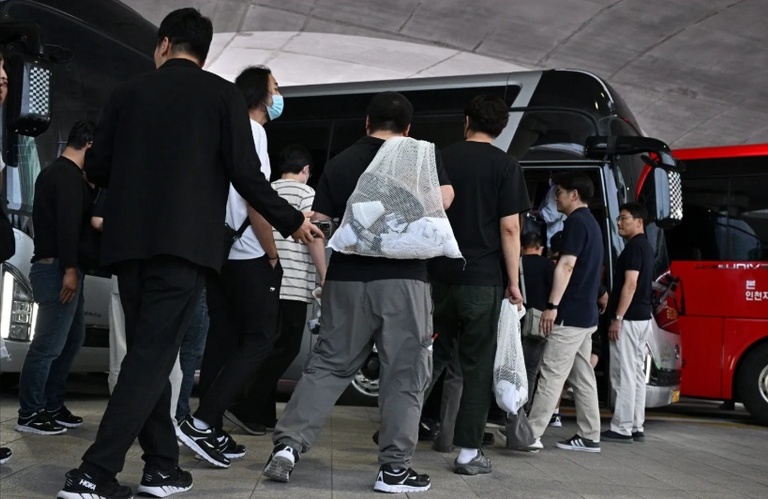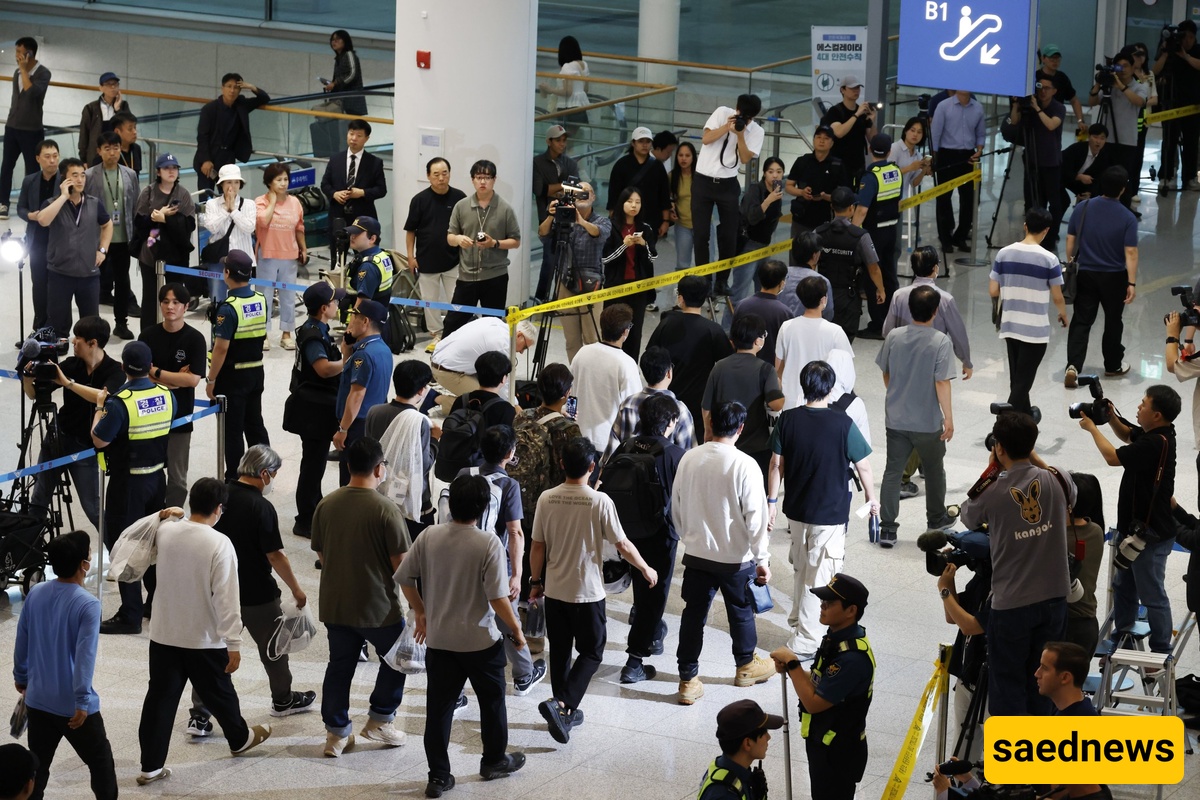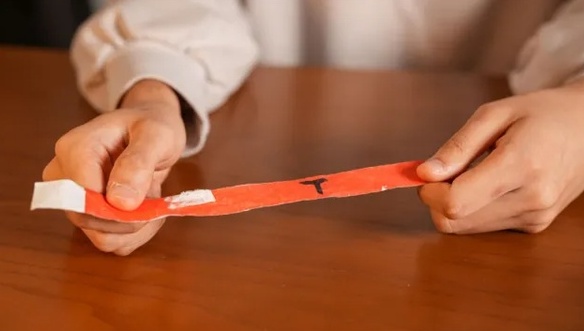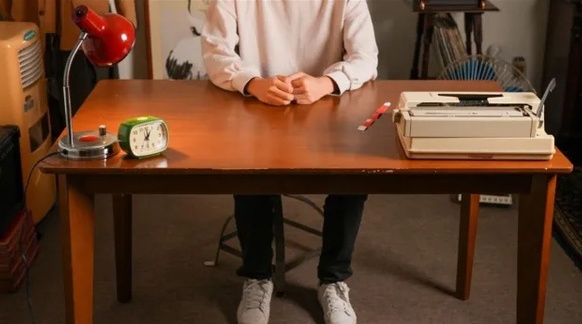SAEDNEWS: Hundreds of South Korean engineers working legally at a Hyundai-LG battery plant in Georgia were shackled, detained, and traumatized in one of the largest ICE raids of Trump’s presidency, sparking outrage in Seoul.

When Youngjin, a 30-year-old South Korean engineer, looked out from his office window in Georgia, USA, he saw armored vehicles and officers with rifles. At first, he assumed it had nothing to do with him. Hours later, he was shackled, chained at the waist and ankles, and loaded onto a bus heading to a detention center.
“I panicked, my mind went blank,” he recalled in an interview with the BBC after returning to Seoul. “I couldn’t understand why I was being treated like this.”
Youngjin was among more than 300 South Korean engineers and technicians detained earlier this month in one of the largest immigration raids of Donald Trump’s presidency. The workers had flown in on short-term visas to help build a massive Hyundai-LG electric car battery plant — a project central to US clean energy ambitions.


According to eyewitnesses, helicopters and drones circled overhead while officers pointed guns at workers. Some even reported seeing red laser dots on their chests.
“We thought they were arresting dangerous criminals, but suddenly they started shackling us,” said Chul-yong, a software engineer. “I couldn’t even touch my face because the chains were so tight.”
Even those who showed valid visas were detained. Workers described confusion, fear, and humiliation.
The detainees were taken to Folkston ICE Processing Center, where they were held in freezing rooms with poor sanitation.
“It was so cold I wrapped myself in a towel at night. The water smelled like sewage,” said Youngjin. “I had a panic attack. I was trembling.”
Some workers slept on the floor or even on desks. Others clung to pieces of warm bread from a microwave just to stay warm.
The raid sparked diplomatic tension. South Korea’s trade negotiator confirmed Seoul is investigating possible human rights violations. US Deputy Secretary of State Christopher Landau reportedly expressed “deep regret” to South Korean officials.
The timing could not be worse. South Korean companies recently pledged to invest $350 billion in the US, but the raid shook confidence.
“Even the US side feels it may have gone too far,” one South Korean official said.
For many, the psychological scars remain.
“When I saw my family at the airport, I smiled but felt nothing inside,” said Youngjin. “Only when my mother cooked me dinner did I finally cry.”
Chul-yong said seeing news clips of the raid was unbearable. “You couldn’t see my face, but everyone knew it was me.”
Both men admitted they may never feel safe returning. “My trust in the US has been deeply shaken,” Youngjin said.


Although no criminal charges were filed and the workers were allowed to return home voluntarily, the incident has left a lasting mark on US-South Korea relations.
For Washington, the raid was meant to show strength on immigration enforcement. For Seoul, it was a shocking display of mistrust toward engineers who were helping America’s industries.
As one worker put it: “We came to build the future. Instead, we were treated like criminals.”

